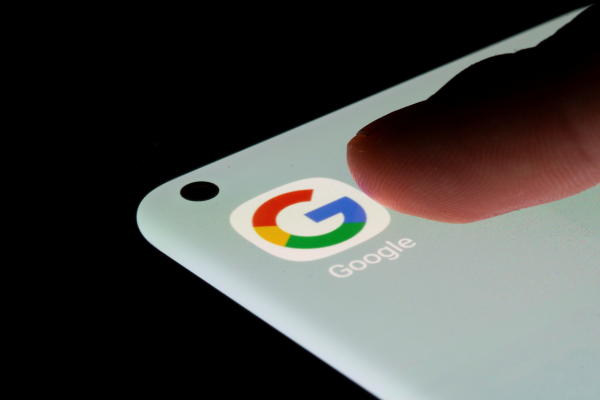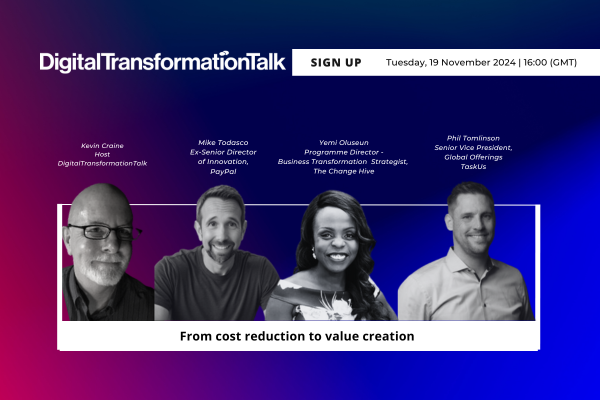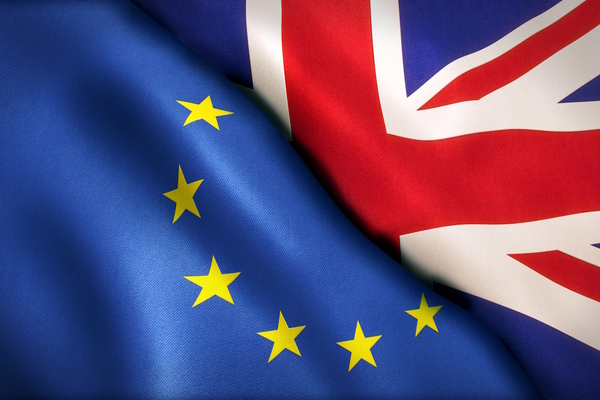Privacy: and why less data is more with digital devices

Petter Neby at Punkt explains why data sovereignty is at the heart of a new breed of mobile phone
At the World Economic forum in Davos last month the overarching theme was of ‘Rebuilding Trust’. Against the backdrop of an uncertain world, trust is a precious commodity. Outside of the forum itself, amongst the wider communities and causes that descend upon Davos, it provided an opportunity to look at key principles such as transparency, consistency and accountability across multiple scenarios, the issue of our relationship, and often lack of trust, in technology was prominent.
The problem primarily relates to privacy, and the trust that has been lost between consumers and dominant tech companies. In Davos, talks and presentations focused on the necessity to take stock of the current tech model and change it to provide freedom of choice and the ability to retain our personal data sovereignty. Passionate discussions were held about alternatives to the data monetisation and surveillance economics that we currently accept as part of our democratic society.
This was refreshing. Part of a new way of thinking about technology, and specifically smartphones, that provides all the functionality of existing models, but without built-in third-party infiltration and personal data harvesting. Clearly this ‘movement’ is gaining momentum if it’s on the agenda at the fringe of one of the world’s most prominent gatherings of political, businesses and cultural leaders.
Nobody was suggesting in Davos that technology, including mobile phones, was on its way out. There was some murmured nostalgia for the once game-changing Blackberry, the first ‘business smartphone’ which introduced the ability to make calls, text and email on the go.
Of course, it fell short of attracting the apps and tools we now rely on so heavily. But the regrets being expressed were telling because the Blackberry phone was, by comparison with today’s smartphone, simple and useful, and infinitely more private.
The pressures of an always-on digital life
Unfortunately, our relationship with the complexities of today’s tech has all too often become unhealthy. In our business lives we have become addicted to living in an always-on, permanently connected digital environment, where it’s normal to check work emails before going to sleep, feel pressured to answer client queries on multiple messaging apps at the weekend, and join Teams calls when on holiday.
And that’s just those of us who work. The negative impact of smartphones on children’s mental health is well known and now leading to devices being banned from classrooms all over the world.
At the core of the issue is how our smartphones have become greedy acquirers of data, and not for the benefit of users. The personal insights that every interaction with an app or a tool reveals about us, is worth billions to a small number of companies.
But what price are we paying and how much is our data worth to us? Seemingly for a growing number of people, the price is too high, and they are demanding control over how our data is appropriated and used.
The notion of ‘I have nothing to hide, therefore I don’t care how my data is used’ misses the point. Maintaining digital privacy is not the same as keeping secrets. This is also not a backlash towards advancements in technology, but rather having access to the digital tools that we enjoy and that make us more productive and efficient in our work and being able to embrace those in a healthier way.
Protecting user data
When it comes to mobile phones, change is happening. New ‘minimalist’ models are being introduced that are designed simply to allow for calls, texts and email. These are great for employees who want to maintain a separate digital device that is dedicated only to work.
But there is another mobile alternative which gives users a proactive choice in the level to which they want to be digitally engaged. These feature an operating system with data sovereignty at its core, stopping user data from being monetised and keeping it private by default. It works by offering access to a secure ‘home’ space on the mobile with all the tools, such as email, calendar, notes, contacts and storage, that are needed.
This space cannot be infiltrated. If a user wants to interact with the Google Play Store to access apps, for example, there is a ‘public’ space navigated by the operating system’s wizard.
However, even in the public space, user data is protected from monetisation, with the information exchange occurring only between specific app developers and the phone user. Data harvesting cannot be carried out by third parties even if they are using a regular app.
For individuals and organisations that are waking up to the impact of digital overload, these new mobile phones provide an opportunity to take back the right to choose.
There is no compromise involved in accessing the functionality and tools of modern devices, but instead an active choice by users to stop their data – everything from eCommerce purchases and their location through to which films they like and what they have been searching for online – being monetised or used for corporate gain.
The thought leaders present in Davos, many of whom influence the direction of technology, have acknowledged that privacy is a priority and that smartphones, and the underlying ecosystem, have been compromising our privacy for too long.
If we are to rebuild trust, we must first be able to take back control of our digital lives and re-engage with the technology we use every day on our own terms. This is the healthiest way to move forward.
Petter Neby is Founder and CEO at Punkt
Main image courtesy of iStockPhoto.com

Business Reporter Team
Most Viewed
Winston House, 3rd Floor, Units 306-309, 2-4 Dollis Park, London, N3 1HF
23-29 Hendon Lane, London, N3 1RT
020 8349 4363
© 2024, Lyonsdown Limited. Business Reporter® is a registered trademark of Lyonsdown Ltd. VAT registration number: 830519543





